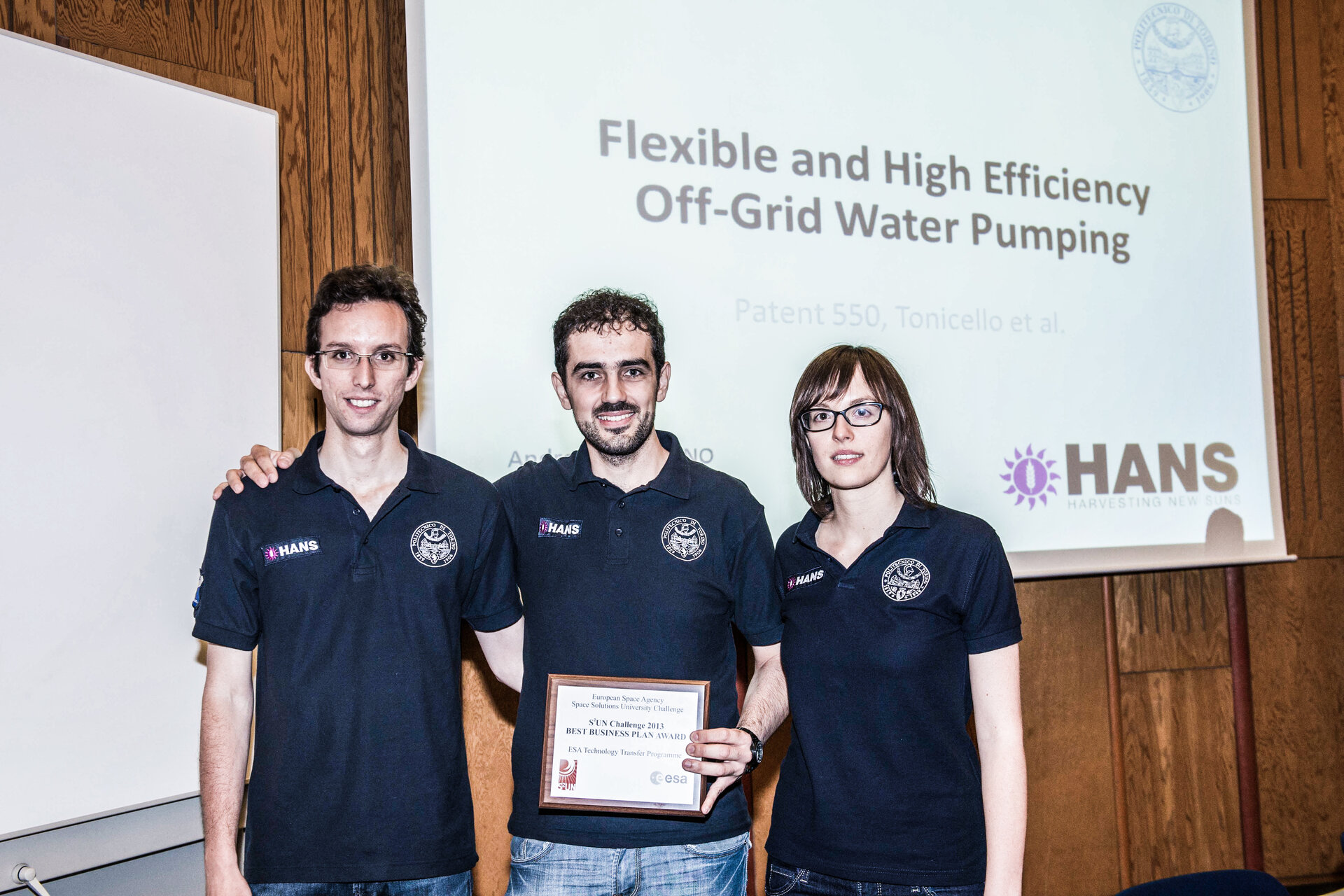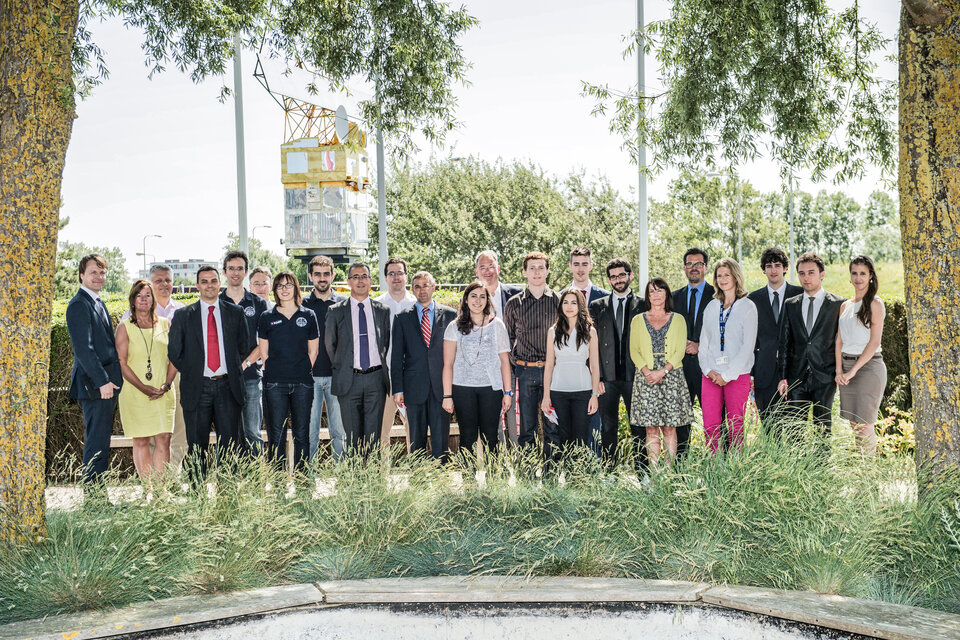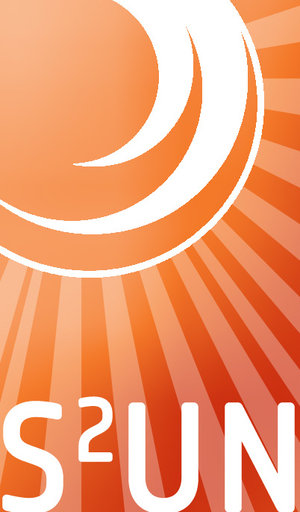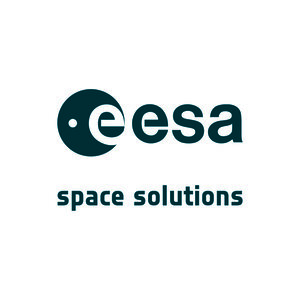Space patents go into business for S2UN Challenge
Students competing in the Space Solutions University Challenge are proposing promising new space tech spin-offs to improve the harvesting of renewable energy, to power boats by solar energy and to make cities cleaner through self-sustainable waste-treatment. The winner was announced this week.
Three university teams from Spain, Portugal and Italy have been competing since October to develop the best spin-off business case using ESA intellectual properties, or IPs.
The first ESA IP on the table, patent 550, is an advanced solar array regulator to improve the power conversion between spacecraft solar arrays and batteries.
The other, patent 360, is an ecosystem to recycle organic waste for future planetary habitation.
This week, the ideas were presented to a jury of experts from ESA, the European Patent Office and the Open Sky Technologies Fund, and the winner of the Space Solutions University (S2UN) Challenge was announced on Monday.
The winner: handling electricity with no grid
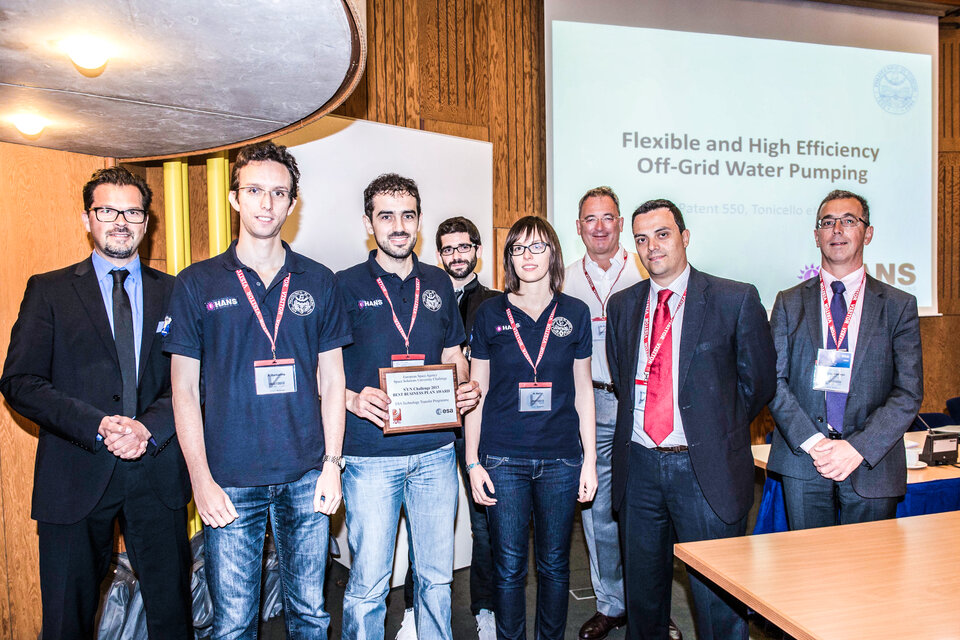
The jury has selected the Italian PhD-student company Harvesting New Suns (HANS) from Politecnico di Torino as the winner. Their business plan focuses on water supply and off-grid agriculture in developing countries.
Using ESA patent 550, Danilo Roascio, Andrea Barbarino and Marta Nervo of the HANS team efficiently harvest solar and wind electricity for pumping water from wells for drinking and irrigating crops.
With ESA’s regulator, the team’s design handles several electricity sources efficiently – solar panels and wind turbines – even on cloudy and windless days. Developed for satellites, the regulator is highly reliable and cheaper to maintain than the alternatives.
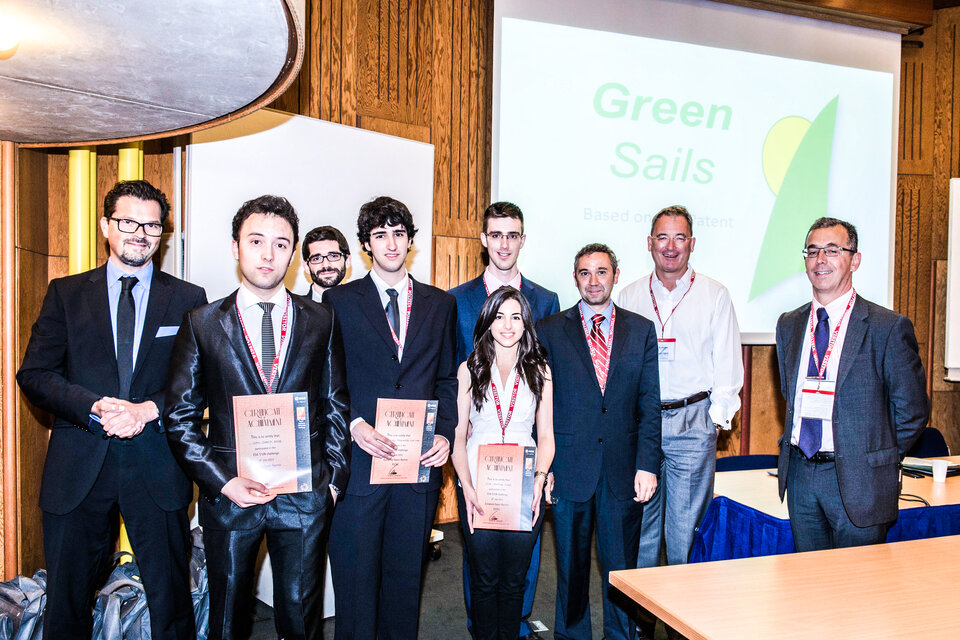
This makes it of particular interest for developing countries where power grids are unavailable, and standalone, reliable and low-cost solutions are needed.
“The S2UN Challenge was a very stimulating project within our PhD-programme,” said Danilo.
“From an engineering plan to a business plan, this experiences made us think outside the academic books and box. It made us look into the whole process from the beginning to the end, and not only at the technical part of the solution.”
The Green Sails team from Spain’s Universidad de Oviedo also draws on ESA’s regulator to improve the use of solar power on ships, reducing the need for fossil fuels such as diesel and petrol.
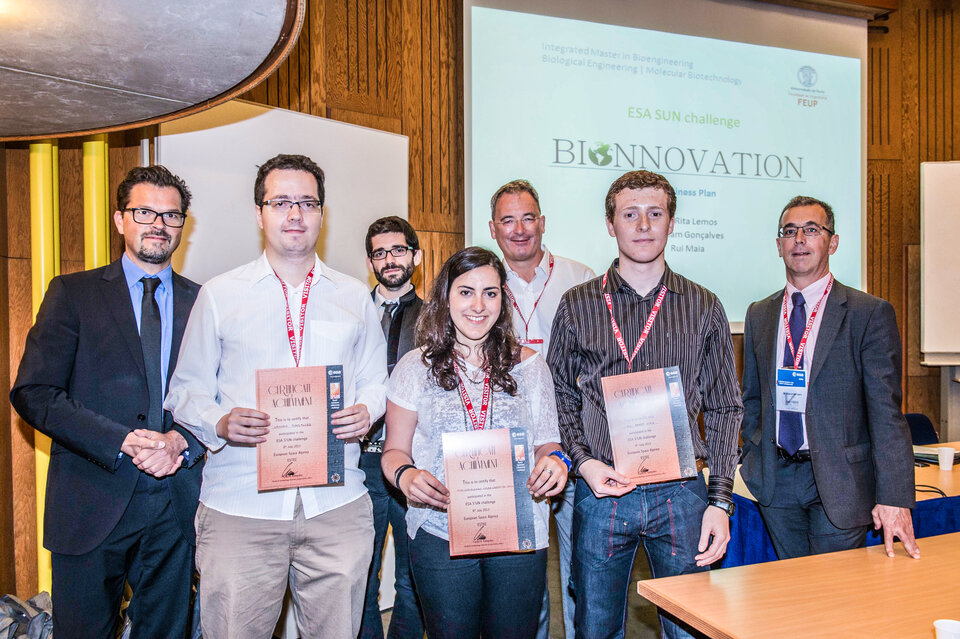
The Bionnovation team from Portugal’s Faculdade de Engenharia da Universidade do Porto used ESA patent 360 to develop a plan for a self-sustainable green waste-treatment plant for municipalities wanting to turn their cities greener.
The technology promises food, water and oxygen by exploiting organic waste on an industrial scale, producing biomass with a high nutritional value.
Looking at the teams’ entrepreneurial instincts, market readiness and technical feasibility, the jury evaluated the three business cases as being very interesting and having good potential.
“Commercialising patents by young entrepreneurs requires a very good knowledge of the patent itself, as well as an understanding of the market that they are targeting,” said Dr Bernd Geiger, jury member and Managing General Partner of Triangle, handling the Open Sky Technologies Fund initiated under ESA’s Technology Transfer Programme.
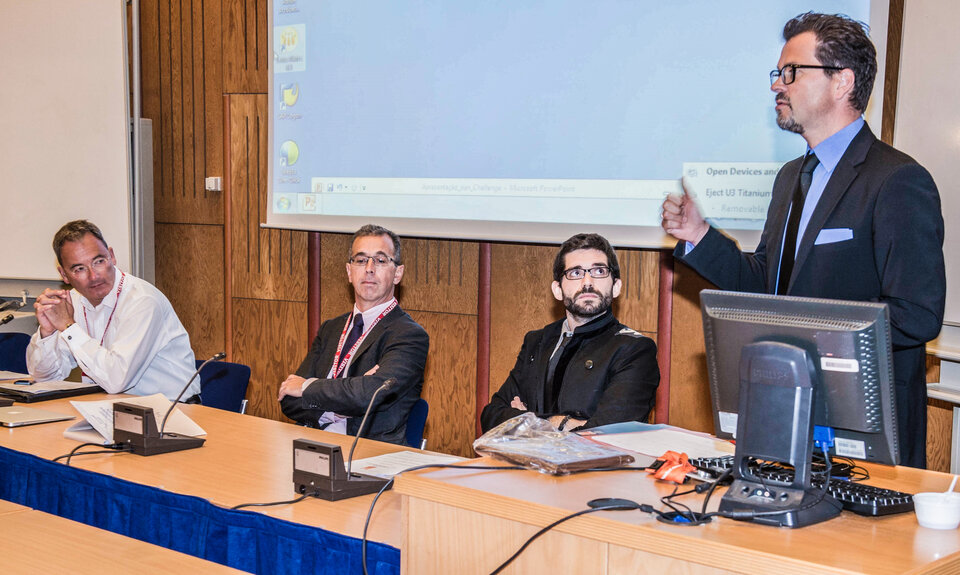
“Some have a very good technical knowledge, but have to face the reality of business, market needs and marketing of a new product.
“It is very important for new entrepreneurs in order to be successful that they do their homework, get as much exposure to the market, talk to other entrepreneurs and get advice on the way to do business.”
“We have received very important feedbacks for our business proposal, and its potential is worth exploring further,” added Andrea Barbarino from HANS.
ESA’s S2UN Challenge is an initiative of ESA’s Technology Transfer Programme Office (TTPO), giving university students the opportunity to work with ESA in the pursuit of creating non-space applications based on the Agency’s IP portfolio.
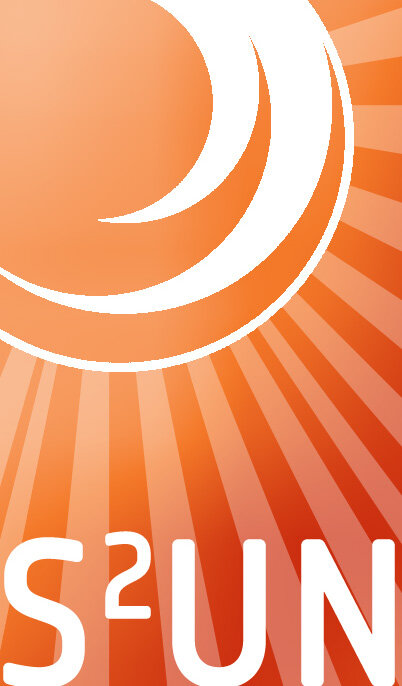
“We want to give students the chance to work with real space technologies as an integral part of their university education and to develop entrepreneurial skills by creating novel spin-offs from competitive ESA technologies,” explained Frank Salzgeber from TTPO.
“Targeting technical university students at the final stage of their education, the Challenge can even lead to new business in Europe. We are also ready to support them in a further start-up phase at our business incubation centres.”
TTPO was set up to inspire and facilitate the use of space technology, systems and knowhow for non-space applications. Through its Technology Transfer Network of brokers throughout Europe and its seven Business Incubation Centres, 280 transfers have been made so far, 200 start-up companies have been supported and 60 new companies are launched every year.
To support business start-ups, TTPO built the €100 million venture capital Open Sky Technologies Fund targeting space tech spin-offs at an early stage.


